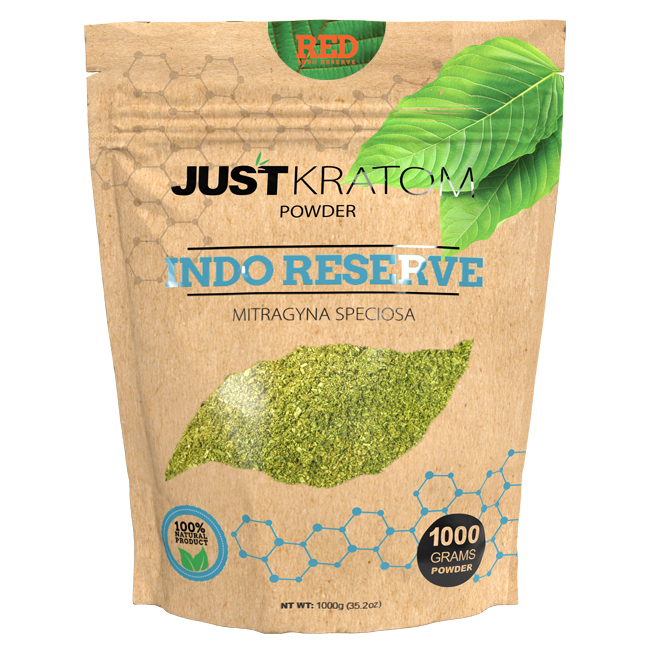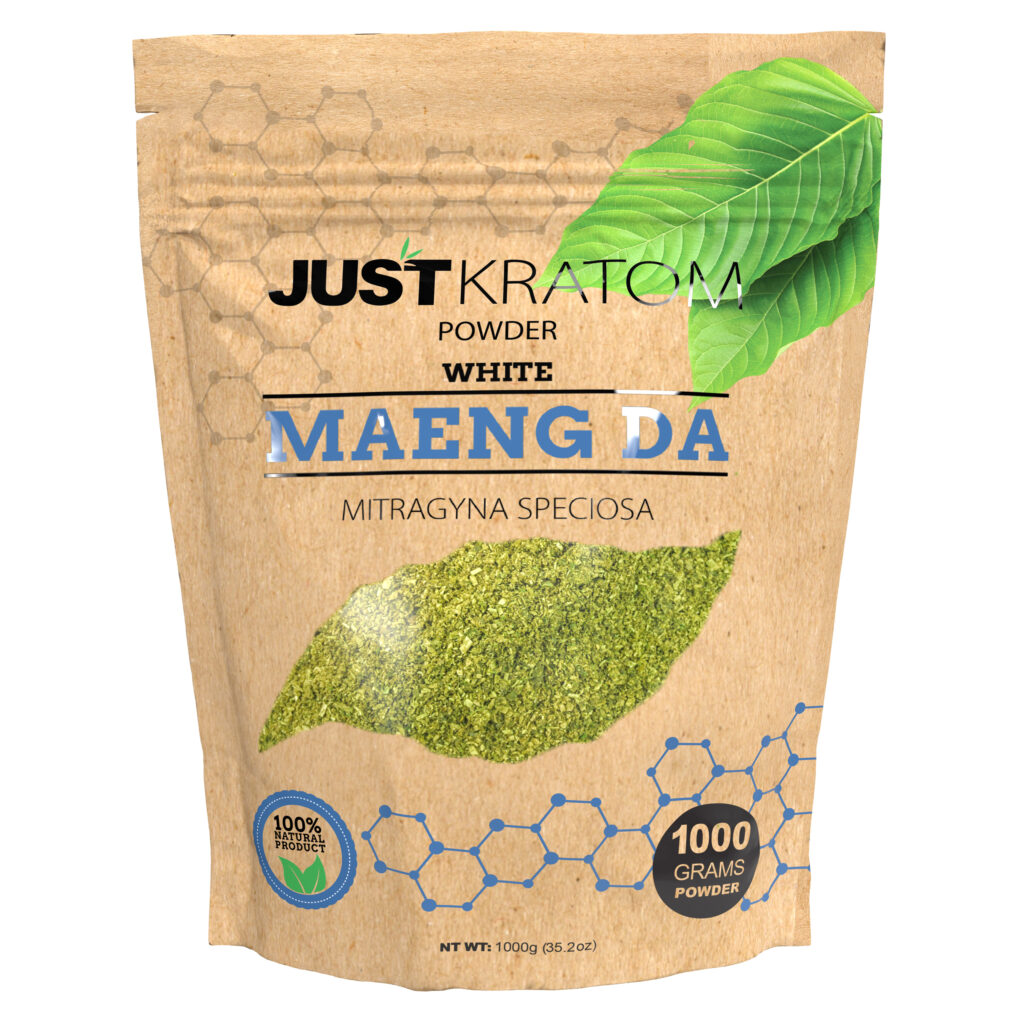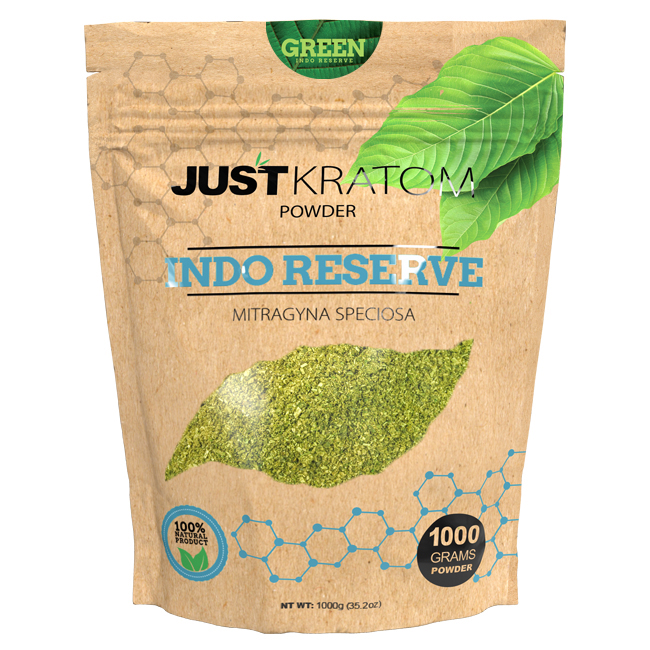Potential Benefits of Kratom for PTSD Symptoms
Post-traumatic stress disorder (PTSD) is a debilitating condition that can significantly impact an individual’s life. While traditional treatments like therapy and medication are often effective, some individuals seek alternative options for managing their symptoms. Kratom, a plant native to Southeast Asia, has gained attention as a potential natural remedy for PTSD due to its reported ability to alleviate anxiety, depression, and pain, symptoms commonly experienced by those with PTSD.
Analgesic Effects and Pain Management
Kratom’s potential benefits for PTSD stem from its interaction with the opioid receptors in the brain. These receptors are involved in regulating mood, pain perception, and stress response. Kratom alkaloids, particularly mitragynine and 7-hydroxymitragynine, are believed to bind to these receptors, producing effects that may help manage PTSD symptoms. Some individuals report experiencing a reduction in anxiety, depression, and nightmares after consuming kratom. Additionally, kratom’s analgesic properties could provide relief from chronic pain, which is often a comorbid condition in individuals with PTSD.
It’s important to note that research on kratom’s efficacy for PTSD is limited and largely based on anecdotal evidence. Controlled clinical trials are needed to determine its safety and effectiveness in treating this complex disorder. Furthermore, kratom use can carry potential risks, including addiction, withdrawal symptoms, and adverse interactions with other medications.

Individuals considering using kratom for PTSD should consult with a healthcare professional to weigh the potential benefits against the risks and explore alternative treatment options.
Mood Regulation and Anxiety Reduction
Kratom may offer potential benefits for individuals struggling with PTSD symptoms. Its ability to interact with opioid receptors in the brain, influencing mood regulation, pain perception, and stress response, suggests it could help alleviate anxiety, depression, and nightmares—common experiences for those with PTSD. Some users report experiencing a reduction in these symptoms after consuming kratom, and its analgesic properties might also provide relief from chronic pain often associated with PTSD.
However, it is crucial to acknowledge that research on kratom’s effectiveness for PTSD is limited and largely based on anecdotal evidence. Controlled clinical trials are necessary to establish its safety and efficacy in treating this complex condition. Additionally, kratom use carries potential risks, including addiction, withdrawal symptoms, and adverse interactions with other medications.
Individuals considering using kratom for PTSD should consult with a healthcare professional to thoroughly discuss the potential benefits and risks, explore alternative treatment options, and ensure responsible use.
Sleep Improvement
Kratom may offer potential benefits for individuals struggling with PTSD symptoms. Its ability to interact with opioid receptors in the brain, influencing mood regulation, pain perception, and stress response, suggests it could help alleviate anxiety, depression, and nightmares—common experiences for those with PTSD. Some users report experiencing a reduction in these symptoms after consuming kratom, and its analgesic properties might also provide relief from chronic pain often associated with PTSD.

However, it is crucial to acknowledge that research on kratom’s effectiveness for PTSD is limited and largely based on anecdotal evidence. Controlled clinical trials are necessary to establish its safety and efficacy in treating this complex condition. Additionally, kratom use carries potential risks, including addiction, withdrawal symptoms, and adverse interactions with other medications.
Individuals considering using kratom for PTSD should consult with a healthcare professional to thoroughly discuss the potential benefits and risks, explore alternative treatment options, and ensure responsible use.
Risks and Concerns Associated with Kratom Use for PTSD
While kratom shows promise as a natural remedy for PTSD symptoms like anxiety, depression, and pain, its use carries significant risks.
Potential for Addiction and Dependence
While kratom shows promise as a natural remedy for PTSD symptoms like anxiety, depression, and pain, its use carries significant risks.

- Addiction:
- Withdrawal Symptoms
- Adverse Interactions with Medications
Kratom is an opioid-like substance, and prolonged use can lead to dependence and addiction. Quitting kratom abruptly can cause unpleasant withdrawal symptoms, including muscle aches, nausea, vomiting, diarrhea, and anxiety. Kratom can also interact negatively with other medications, potentially leading to dangerous side effects. It’s crucial to consult with a healthcare professional before using kratom, especially if you have a history of addiction or are taking other medications.
Drug Interactions and Side Effects
While kratom shows promise as a natural remedy for PTSD symptoms like anxiety, depression, and pain, its use carries significant risks.
Kratom is an opioid-like substance, and prolonged use can lead to dependence and addiction. Quitting kratom abruptly can cause unpleasant withdrawal symptoms, including muscle aches, nausea, vomiting, diarrhea, and anxiety. Kratom can also interact negatively with other medications, potentially leading to dangerous side effects.
For individuals with PTSD who are considering using kratom, it is essential to consult a healthcare professional to weigh the potential benefits against the risks and explore alternative treatment options.
Legal Status and Regulations
Kratom, an herbal supplement derived from the mitragyna speciosa tree, has gained popularity as a potential remedy for PTSD symptoms like anxiety, depression, and pain. It is believed that kratom’s alkaloids interact with opioid receptors in the brain, potentially alleviating these symptoms.
However, despite anecdotal evidence suggesting its effectiveness, research on kratom’s efficacy for PTSD is limited and largely inconclusive. Controlled clinical trials are necessary to establish its safety and effectiveness for this complex condition.
Furthermore, kratom use carries significant risks that must be carefully considered. These include the potential for addiction, withdrawal symptoms upon cessation, and adverse interactions with other medications.
Kratom’s legal status varies widely across the globe. In some countries, it is entirely banned, while in others, its sale and possession are regulated. In the United States, the legality of kratom is a complex and evolving issue with individual states enacting their own laws regarding its use and availability.
Individuals considering using kratom for PTSD should consult with a healthcare professional to thoroughly discuss the potential benefits and risks, explore alternative treatment options, and ensure responsible use.
Scientific Evidence and Research Findings
Scientific evidence regarding the efficacy of kratom in treating PTSD symptoms is currently limited. While anecdotal reports suggest potential benefits in alleviating anxiety, depression, and pain, rigorous scientific studies are lacking to confirm these claims.
Existing Studies on Kratom and PTSD
Scientific research on kratom’s effectiveness for PTSD is still in its early stages. Most evidence comes from anecdotal accounts rather than controlled clinical trials.
While some users report experiencing symptom relief from anxiety, depression, and pain after consuming kratom, these findings are not supported by robust scientific data.
More research is needed to determine the long-term effects of kratom use on PTSD and to understand its potential benefits and risks.
Limitations of Current Research
While some individuals report symptom relief from anxiety, depression, and pain after consuming kratom, these findings are not supported by robust scientific data.
More research is needed to determine the long-term effects of kratom use on PTSD and to understand its potential benefits and risks.
Current research limitations include a lack of large-scale, controlled clinical trials specifically investigating kratom’s efficacy for treating PTSD.
Furthermore, most available evidence relies on anecdotal reports rather than rigorous scientific methodologies, making it difficult to draw definitive conclusions about kratom’s effectiveness.
Future Directions for Research
Scientific research on kratom’s effectiveness for PTSD is still in its early stages. Most evidence comes from anecdotal accounts rather than controlled clinical trials.
Future research directions should focus on conducting large-scale, randomized controlled trials to assess kratom’s efficacy and safety for treating PTSD symptoms.
These studies should investigate the optimal dosage, duration of treatment, and potential long-term effects of kratom use.
Additionally, research is needed to explore the mechanisms by which kratom exerts its effects on PTSD symptoms and to identify any potential biomarkers for predicting treatment response.
Recommendations and Considerations
While kratom shows promise as a natural remedy for PTSD symptoms like anxiety, depression, and pain, its use carries significant risks.
Kratom is an opioid-like substance, and prolonged use can lead to dependence and addiction. Quitting kratom abruptly can cause unpleasant withdrawal symptoms, including muscle aches, nausea, vomiting, diarrhea, and anxiety. Kratom can also interact negatively with other medications, potentially leading to dangerous side effects.
For individuals with PTSD who are considering using kratom, it is essential to consult a healthcare professional to weigh the potential benefits against the risks and explore alternative treatment options.
Safe Use Guidelines for Kratom
While kratom shows promise as a natural remedy for PTSD symptoms like anxiety, depression, and pain, its use carries significant risks.
- Addiction:
- Withdrawal Symptoms
- Adverse Interactions with Medications
Kratom is an opioid-like substance, and prolonged use can lead to dependence and addiction. Quitting kratom abruptly can cause unpleasant withdrawal symptoms, including muscle aches, nausea, vomiting, diarrhea, and anxiety. Kratom can also interact negatively with other medications, potentially leading to dangerous side effects.
Kratom may offer potential benefits for individuals struggling with PTSD symptoms. Its ability to interact with opioid receptors in the brain, influencing mood regulation, pain perception, and stress response, suggests it could help alleviate anxiety, depression, and nightmares—common experiences for those with PTSD. Some users report experiencing a reduction in these symptoms after consuming kratom, and its analgesic properties might also provide relief from chronic pain often associated with PTSD.
However, it is crucial to acknowledge that research on kratom’s effectiveness for PTSD is limited and largely based on anecdotal evidence. Controlled clinical trials are necessary to establish its safety and efficacy in treating this complex condition. Additionally, kratom use carries potential risks, including addiction, withdrawal symptoms, and adverse interactions with other medications.
Individuals considering using kratom for PTSD should consult with a healthcare professional to thoroughly discuss the potential benefits and risks, explore alternative treatment options, and ensure responsible use.
Importance of Professional Guidance
While kratom shows promise as a natural remedy for PTSD symptoms like anxiety, depression, and pain, its use carries significant risks.
Seeking professional guidance is crucial for individuals considering kratom as a treatment option for PTSD.
A healthcare professional can:
- Assess the individual’s medical history and current medications to identify potential risks associated with kratom use.
- Discuss the potential benefits and drawbacks of kratom compared to other available treatment options for PTSD.
- Provide guidance on safe and responsible kratom use, including appropriate dosage and frequency.
- Monitor for any adverse effects or complications arising from kratom use.
Given the limited research on kratom’s efficacy for PTSD and the potential risks involved, it is essential to prioritize safety and make informed decisions under the guidance of a healthcare professional.
Alternative Treatments for PTSD
While kratom shows promise as a natural remedy for PTSD symptoms like anxiety, depression, and pain, its use carries significant risks.
- Addiction: Kratom is an opioid-like substance, and prolonged use can lead to dependence and addiction.
- Withdrawal Symptoms: Quitting kratom abruptly can cause unpleasant withdrawal symptoms, including muscle aches, nausea, vomiting, diarrhea, and anxiety.
- Adverse Interactions with Medications: Kratom can interact negatively with other medications, potentially leading to dangerous side effects.
For individuals with PTSD considering kratom, consulting a healthcare professional is crucial. They can:
- Assess your medical history and current medications for potential risks associated with kratom use.
- Discuss the potential benefits and drawbacks of kratom compared to other treatment options for PTSD.
- Provide guidance on safe and responsible kratom use, including appropriate dosage and frequency.
- Monitor you for any adverse effects or complications arising from kratom use.
Due to limited research on kratom’s effectiveness for PTSD and potential risks, prioritizing safety and making informed decisions under a healthcare professional’s guidance is essential.
Buy Kratom Powder for energy boost
- Juvederm Volite Skin Booster Treatments Near Shepperton, Surrey - May 8, 2025
- How Long After Lip Filler Can You Drink Alcohol - May 8, 2025
- Can Kratom Powder Help With PTSD Symptoms? - May 7, 2025
